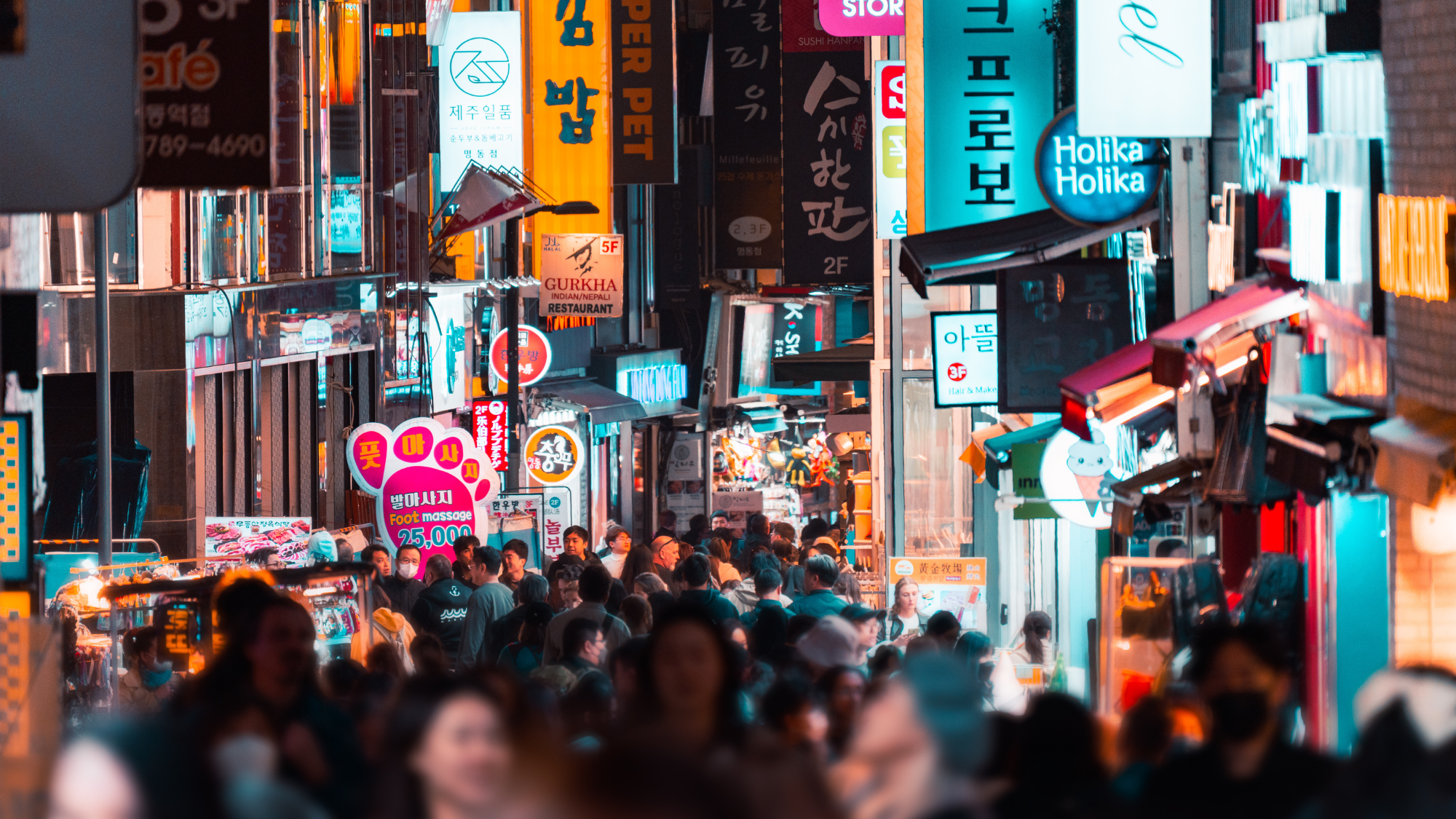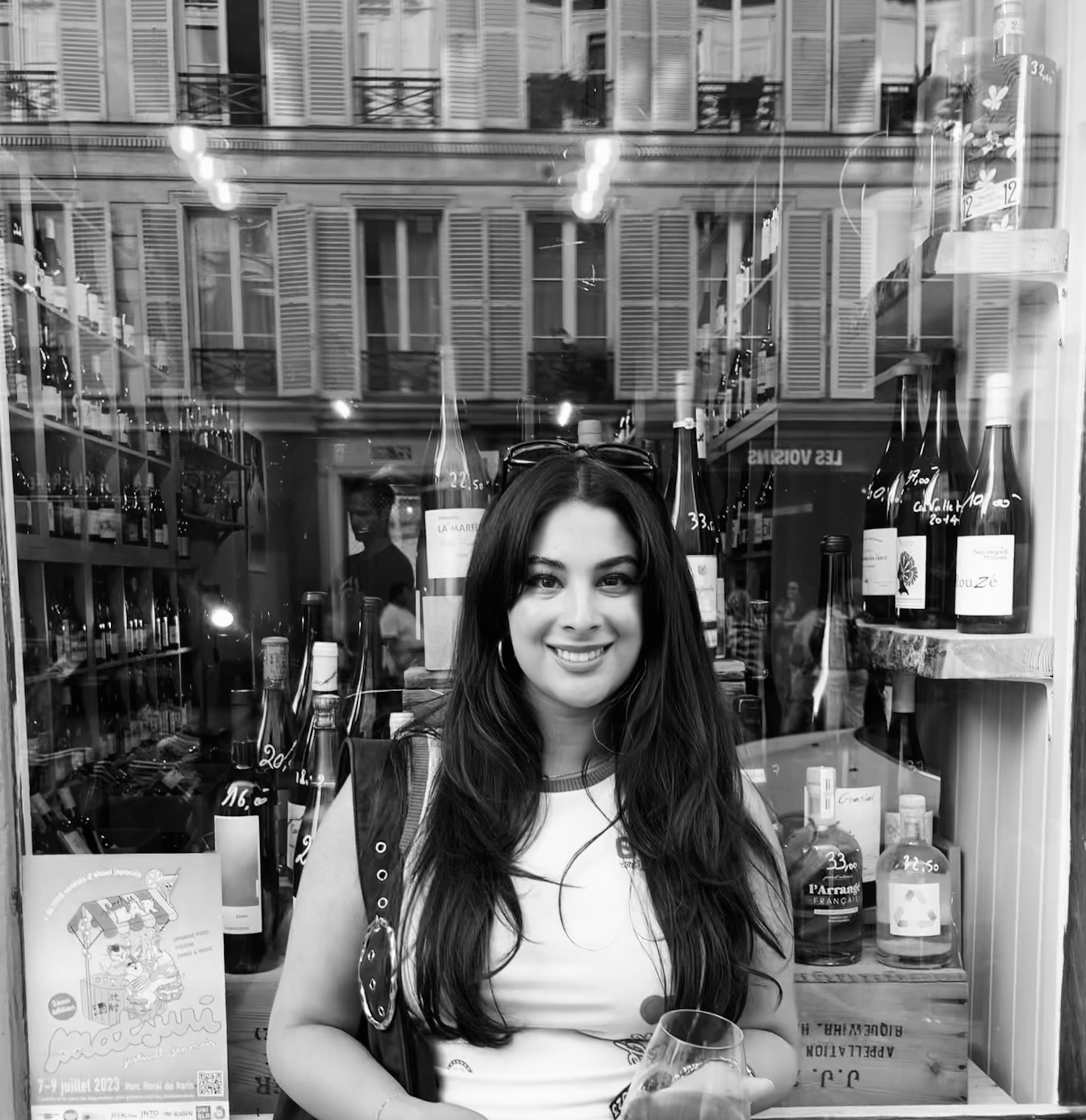Inside the Beauty Pilgrimage to Seoul—Do South Korea’s Skincare Treatments Really Outshine the Rest of the World?
Over 1.2 million people visited Seoul for medical tourism last year


Picture a stereotypical "girls' trip", and you might conjure up images of bottomless brunches, spa weekends, and perhaps a jaunt to the Mediterranean. Increasingly, however, women are indulging in beauty tourism, and eschewing booze-soaked vacations in favour of head-to-toe aesthetic transformation.
Medical tourism to South Korea's capital, Seoul—the beating heart of cutting-edge cosmetic treatments—is the most popular it's ever been. Statistics from the Korean Ministry of Health showed that over 1.2 million people visited the country in 2024 for aesthetic reasons, including polynucleotide (salmon sperm) and stem cell injections, advanced laser and energy devices, thread lifts, exosome therapy, and in-clinic biologic facials paired with microneedling or PRP (platelet-rich plasma).
More invasive procedures, like fat-dissolving and blepharoplasty (eye lid reduction) surgery are also routinely performed. These, as well as commonplace treatments like fillers and rhinoplasty tend to be cheaper than in the west—by around 40 to 75 per cent. Botox, in particular, often costs a tenth of what it does in the UK.
"It's a mix of things that’s driving people to Seoul for aesthetic treatments—the affordability, the government investing in promoting the country as a medical-tourism destination, and the broader interest in Korean cultural output that sees no sign of abating any time soon," comments a representative from Skin Cupid, the leading K-beauty specialist store.
Dr Maryam Zamani, oculoplastic surgeon and aesthetics doctor, explains that while the majority of these techniques are technically available in the UK, the rapid adoption we see in South Korea is driven by different regulatory and commercial pathways for devices and cosmeceuticals, alongside a faster product development and launch cycle.
"Regulatory bottlenecks, differing device approval pathways, and more cautious market authorisation in the UK and EU slow some innovations from arriving here quickly," she explains. "South Korea benefits from a concentrated industry cluster: high clinic density, strong private investment in research and development, rapid clinical iteration, cultural demand for aesthetic refinement, and an integrated cosmetics-device-clinical pipeline that accelerates translation from lab to clinic and then to retail. This ecosystem, plus an active medical tourism sector, encourages rapid uptake of new modalities and personalised regimented care."
Plus, South Korea profits from red tape. Ingredients involved in certain procedures are not approved by the UK's Medicines and Healthcare products Regulatory Agency (MHRA), and writ large, cosmetics that are sold within the European Union have to comply with the most stringent requirements in the world to guarantee consumer safety.
Celebrity news, beauty, fashion advice, and fascinating features, delivered straight to your inbox!
Then there's the cultural differences, notes the rep from Skin Cupid: "It takes time for other countries to develop the appetite for ingredients of unusual origin that people in Korea have a much more laidback attitude about, like snail mucin in the past, for instance, or salmon sperm facials now."
Certainly, aesthetics have been big business in south Korea in a while. Research shows that approximately 1 in 5 South Koreans have had a form of cosmetic surgery. Of this, nearly 25 per cent of young women (aged 19-29) have undergone plastic surgery—making it the highest incidence, globally.
As such, there's lots of competition, which leads to affordable pricing and constant innovation. "These companies are always developing new formulations and making use of new ingredients to stay relevant in the market. But it’s education, too," weighs in the representative from Skin Cupid. "People in Korea grow up being much more conscious of the importance of taking care of their skin, so there’s a much broader demand for and interest in skincare and aesthetic procedures."
Clinics are increasingly making it easier for foreigners to navigate the space too. In 2024, there were 571 dermatology clinics in Seoul alone, but platforms like Gangnam Unni offer a "global plastic surgery community" that is "active 24.7". The app is home to 5,300 registered doctors and 3,000 registered clinics across Korea and Japan, but crucially, they display verified reviews from recent customers, making it easier to find reputable providers.
On the more high end scale, Aneue Concierge cuts through the noise and connects discerning consumers to vetted providers. With fees starting at $500, they offer on-site translation services, dedicated pre-and-post care, and there's even the option to have someone attend the appointments with you.
But in any case, prospective medical tourists should always consult with natives and translators who know the landscape—it's almost impossible to navigate it safely without.
It is critical that the dangers are understood. The language barrier has drived many medical tourists to rife unregulated online forums, where illegal brokers often operate. Additionally, in South Korea, only certified specialists can call their practices “plastic surgery clinics,” but any licensed doctor can legally perform cosmetic procedures. And there have been fatalities: in 2020, Hong Kong heiress Bonnie Evita Law died during a liposuction and breast augmentation procedure, and in 2024, a 29-year-old Chinese woman died after liposuction at a Gangnam clinic. The Chinese embassy in Seoul has since warned citizens to exercise caution when choosing clinics and intermediary agencies.
So, the draws are understandable, but is it necessary for skincare aficionados to travel the distance? "It can be appropriate for motivated patients seeking specific expertise not available locally. But it is not necessary for most people," advises Dr Zamani, citing logistical and safety considerations including preoperative assessment, follow-ups, complication management, and variations in clinical standards and device regulations. "If considering travel, choose board-certified surgeons, confirm continuity of care, and plan for sufficient recovery time abroad or a reliable local surgeon for aftercare. Language barrier is another important factor. And most importantly, are you safe if there is a complication?"
Marie Claire UK advises readers to consult qualified, accredited professionals before undergoing any aesthetic or cosmetic treatments.

Nessa Humayun is the Beauty Editor at Marie Claire UK. With over eight years of editorial experience across lifestyle sectors, Nessa was previously the Editorial Lead of HUNGER Magazine, and has bylines in British Vogue, Dazed, and Cosmopolitan. A self-confessed human guinea pig, Nessa covers everything from product must-haves to long-reads about the industry writ large. Her beauty ethos is all about using products that work hard, so you don't have to.